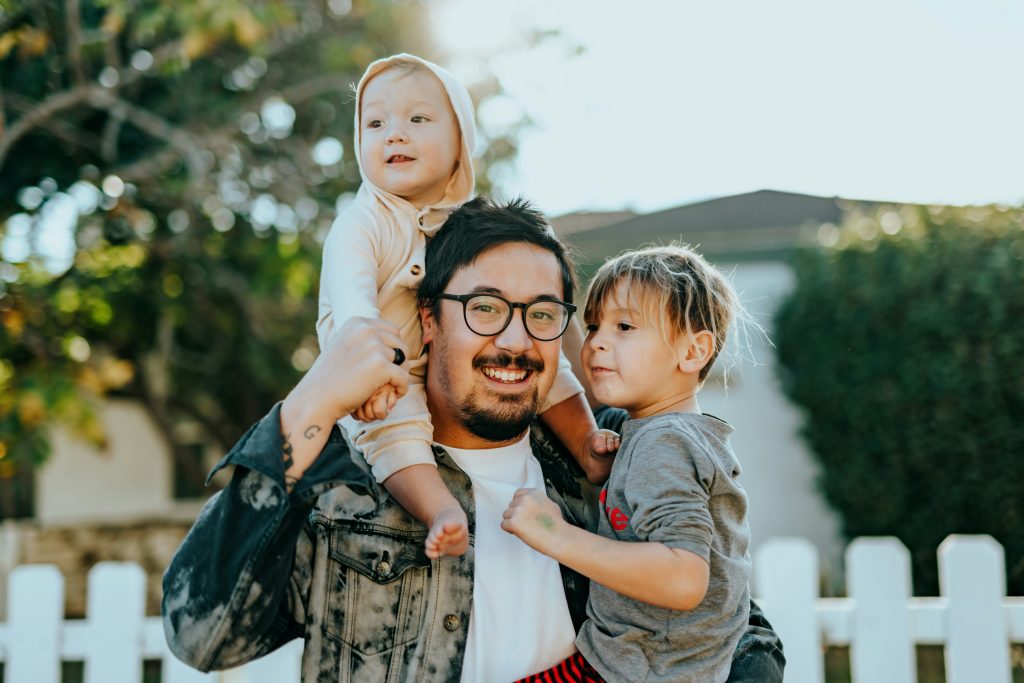Anxiety doesn’t exist in a vacuum. Our cultural background profoundly shapes how we experience, understand, and cope with anxiety, and even how mental health issues are perceived within a community. Understanding cultural factors is crucial for providing tailored support, avoiding misdiagnosis, and ensuring everyone gets the help they need.
How Culture Influences Anxiety
Culture impacts anxiety in various ways:
- Expression of Symptoms: Anxiety can manifest differently across cultures. While some focus on physical complaints, others might emphasize emotional distress or spiritual explanations for their troubles.
- Stigma and Help-Seeking: Cultural beliefs about mental health influence whether people seek help, who they seek help from (medical doctors, traditional healers, religious leaders), and even whether they view their experience as a legitimate health concern.
- Barriers to Care: Language difficulties, lack of culturally-competent providers, economic factors, and trust in the healthcare system all create disparities in access to effective mental health care for some groups.
- Family and Community: Support systems, expectations about coping, and the role of family in health decisions vary widely across cultures, shaping the individual’s experience of anxiety.
Specific Examples of Cultural Differences
It’s impossible to generalize about all cultures, but here are some examples of how specific cultural groups might experience anxiety differently:
- Somatization: In some cultures, it’s more common to express emotional distress through physical complaints like headaches or stomach problems, rather than describing feelings of worry or fear.
- Explanatory Models: Certain cultures may attribute anxiety symptoms to spiritual causes, supernatural influences, or imbalances in the body, leading to very different treatment approaches.
- Collectivism vs. Individualism: In collectivist cultures, focus is placed on the needs of the family or community. This might heighten anxiety about conforming to expectations or cause reluctance to seek help that might reflect negatively on the family.
The Importance of Cultural Competence
Mental health professionals must be aware of cultural nuances to provide effective care and build trust with diverse populations:
- Avoiding Assumptions: Don’t assume everyone has the same understanding of anxiety or will benefit from the same treatment approaches.
- Open Dialogue: Actively ask patients about their beliefs about their symptoms, preferred coping styles, and what type of support would be most beneficial.
- Collaboration: Work with community leaders, traditional healers, and interpreters when appropriate to build culturally-responsive treatment plans.
Removing Stigma
Understanding that different cultures experience and express anxiety in unique ways is crucial for:
- Reducing Misdiagnosis: Culturally-sensitive assessments increase the likelihood of accurate diagnoses and appropriate treatment recommendations.
- Promoting Help-Seeking: When people feel understood and see treatments that respect their background, they’ll be more likely to seek the help they need.
- Building Inclusive Mental Health Care: Diverse communities deserve mental health care providers who understand their needs and respect their cultural perspectives.
The content provided herein is intended for informational purposes only and should not be considered a substitute for professional advice or treatment. If you or someone you know is struggling with mental health-related concerns, seek guidance from a qualified behavioral health professional. Click here to get help now. Any links are provided as a resource and no assurance is given as to the accuracy of information on linked pages.

